Living as a tourist in Medellin often means staying in El Poblado, the city’s most popular neighborhood. This time, I ventured farther north and discovered an entirely different side of life. In El Poblado, every corner exudes charm with its chic cafes, friendly waiters flashing warm smiles, and stylish locals strolling by.
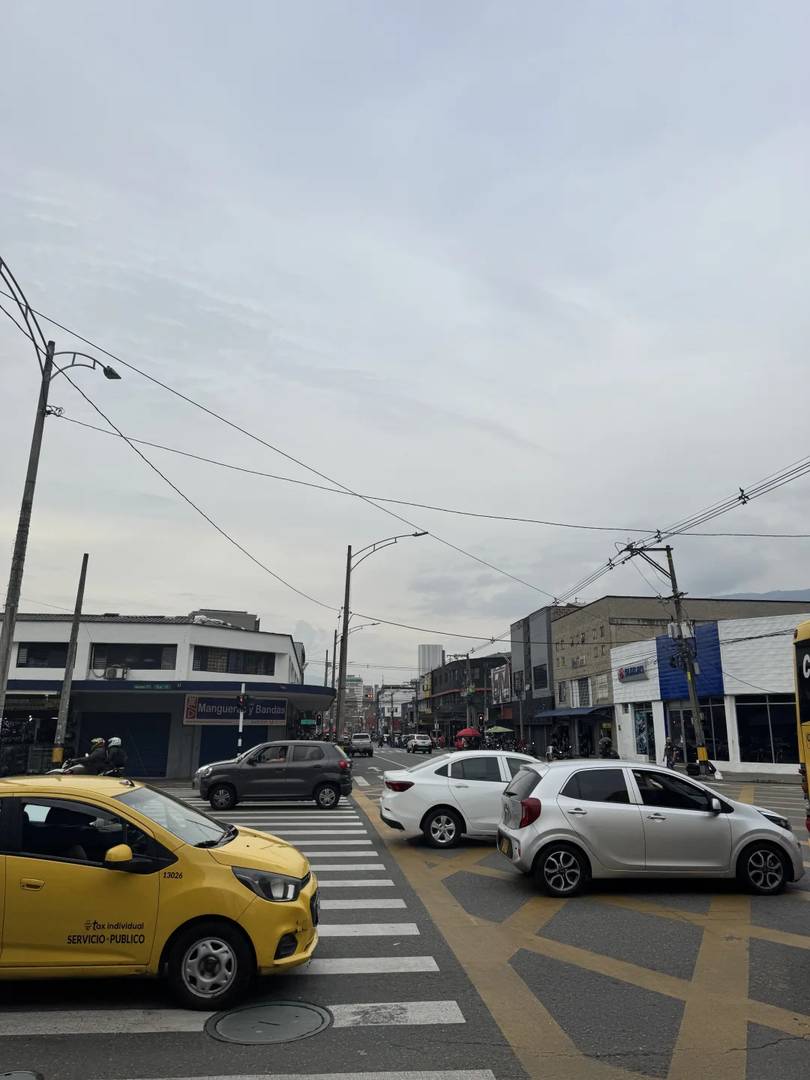
The bars are lively, and prices, though tailored for foreigners, remain surprisingly affordable. It feels like stepping into paradise—a world where beauty, prosperity, refinement, peace, safety, elegance, and vitality coexist seamlessly. Days pass leisurely here: breakfast under sunny skies, lunch in vibrant settings, evenings filled with parties and romantic dates.
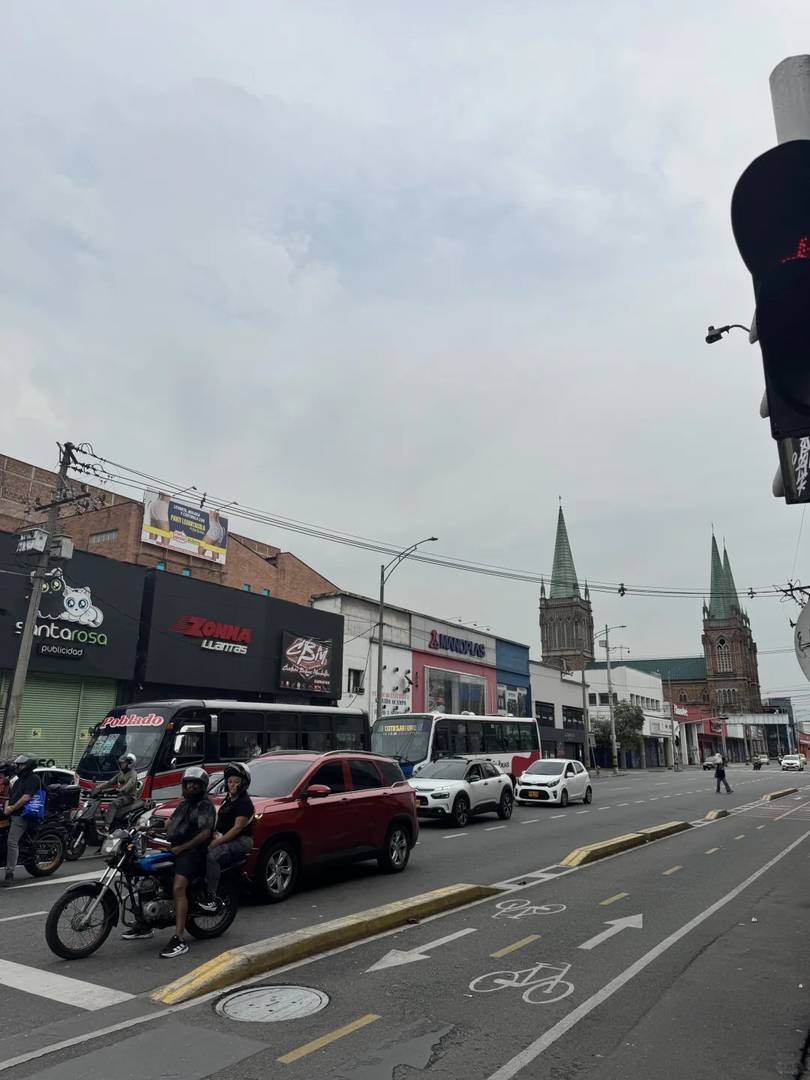
Yet, just beyond this idyllic bubble lies another reality—one that is raw and unfiltered. Step outside El Poblado, and poverty becomes impossible to ignore. Homeless individuals rest on sidewalks, disabled people lean on crutches, silently pleading for help, while single mothers struggle to care for their children amidst adversity.
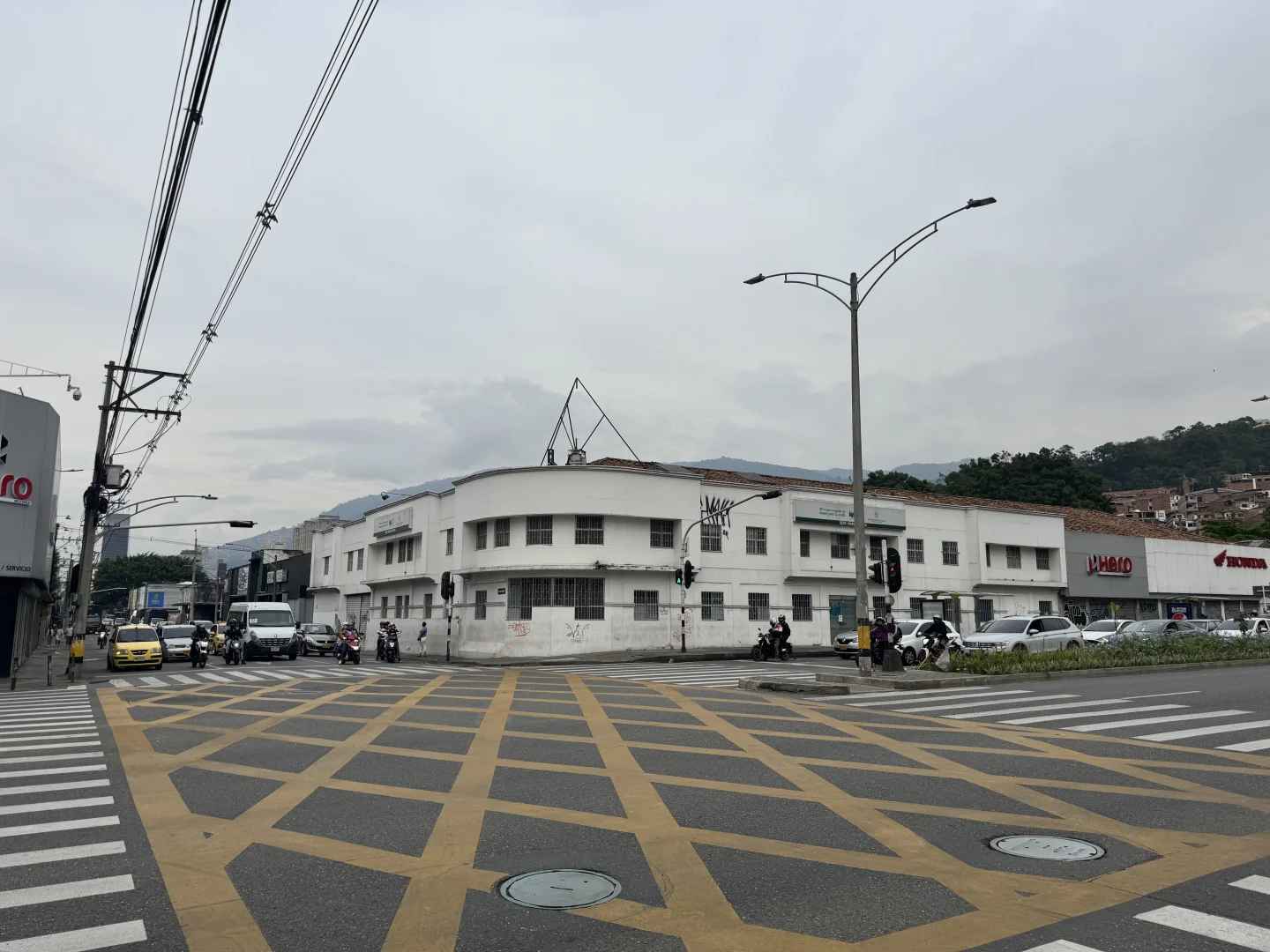
Gone are the lush, tree-lined streets; instead, you encounter humble, weathered homes and simple shops devoid of pretense. Here, life revolves around survival—traffic hums with urgency, and dignity takes a backseat to necessity. This is the unvarnished truth of existence, stripped bare of illusions.
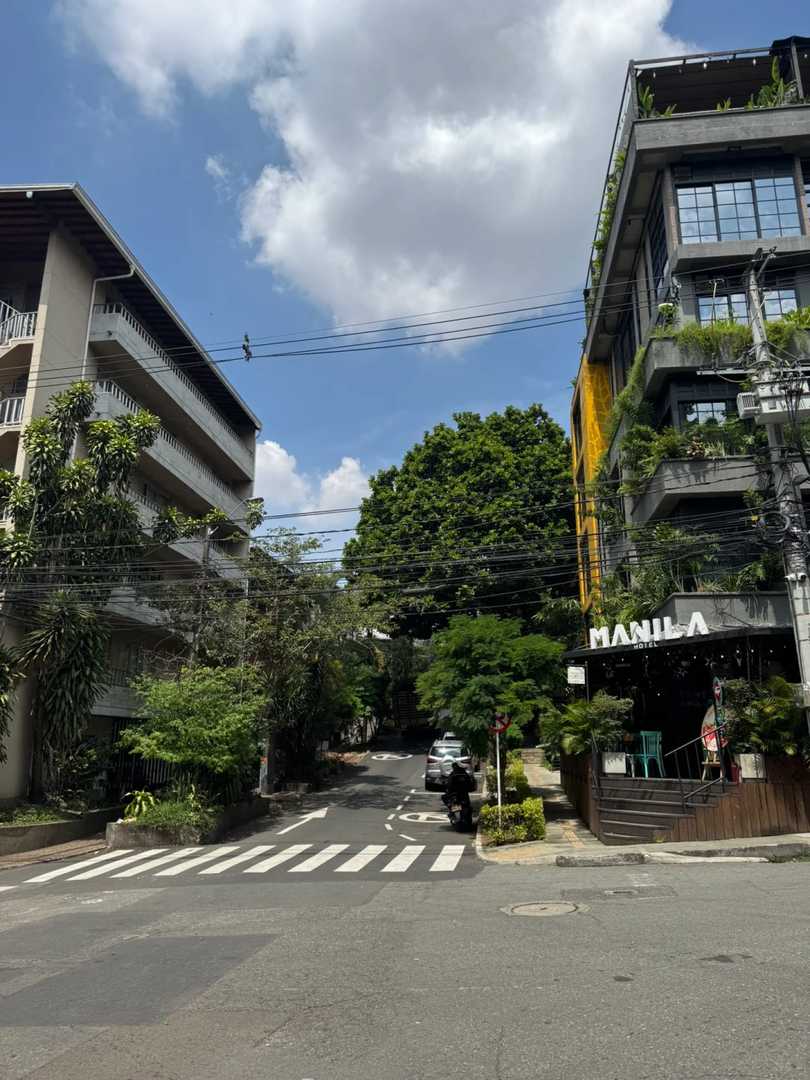
Foreigners flock here not merely for vacation but to immerse themselves in experiences unavailable in their own lives, using their currency to unlock doors otherwise closed. But this apparent prosperity comes at a cost—it reveals how fleeting such comforts truly are. Reflecting on this, I realized why Europe always tugged at my heartstrings.
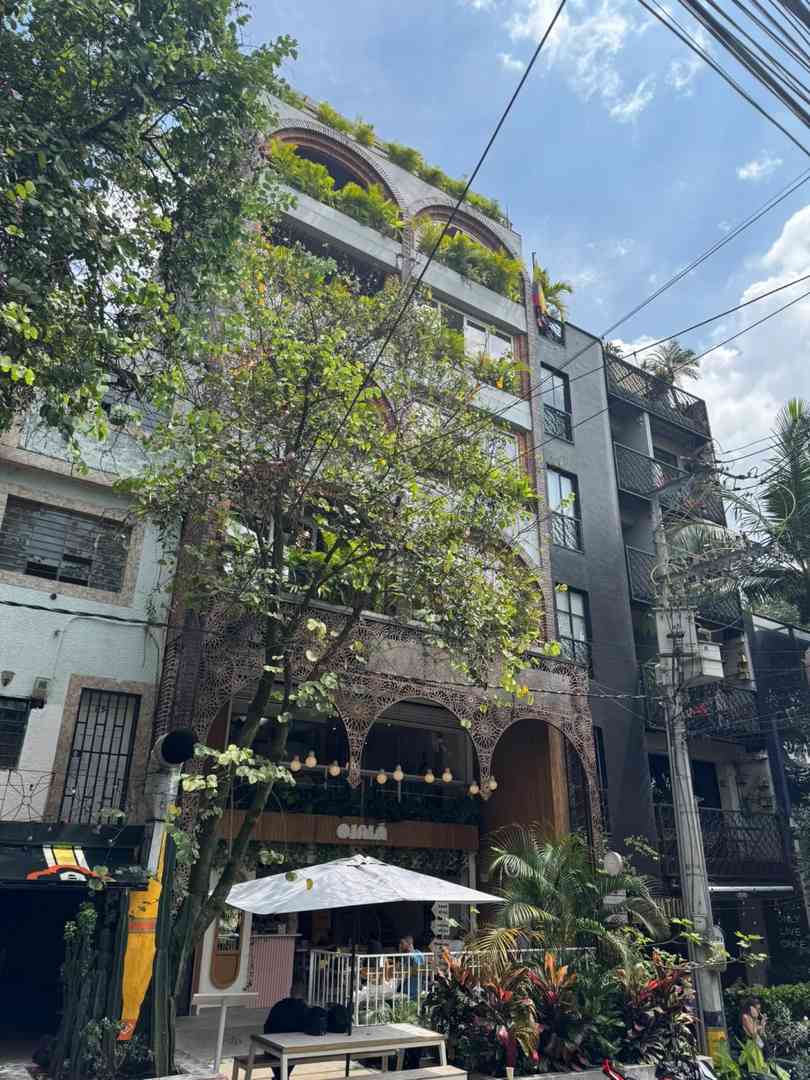
Its centuries of wealth have woven a tapestry of stability and trust, creating a sense of enduring security. After leaving Medellin, other places seemed shadowed by comparison, darker somehow.
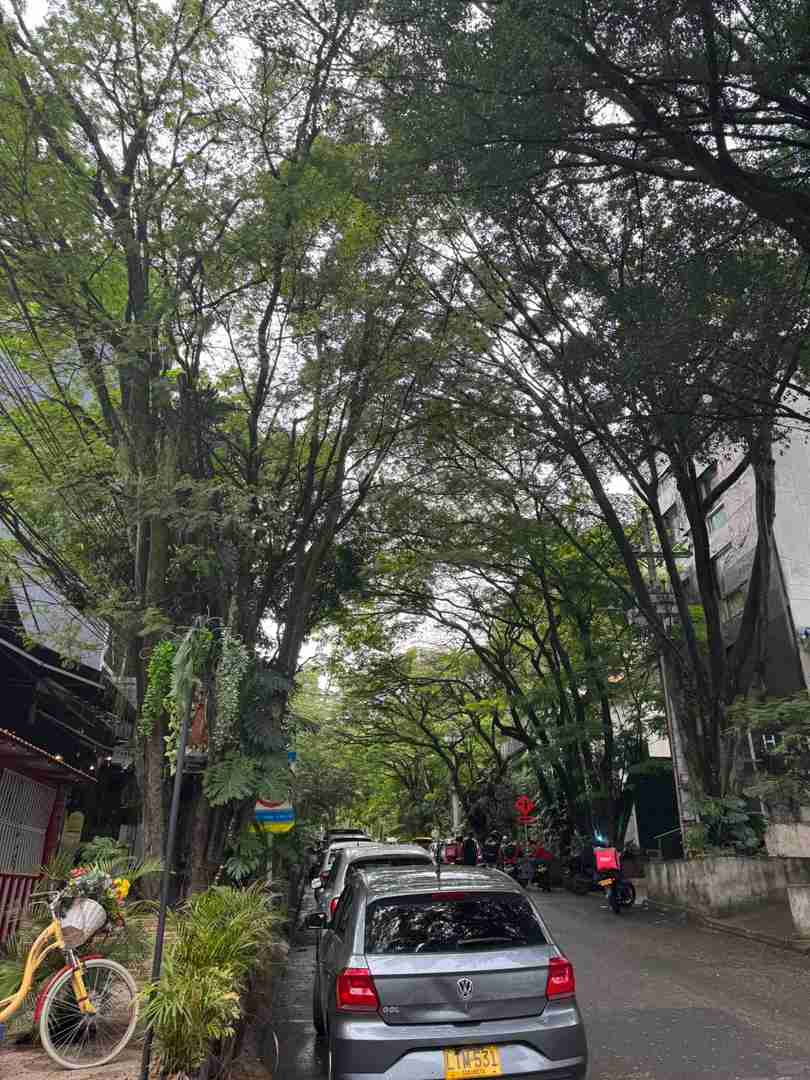
This feeling resonates deeply within me, much like nostalgia for a former love who once showered me with abundance and affection. Encountering something so rare and precious felt like winning the lottery of life—but losing it afterward left an ache that lingered through years of longing. My eyes had adjusted to darkness until light reappeared briefly. And when I finally adapted to its brilliance, it slipped away again, leaving behind a yearning for what may never return.
Today, a sudden realization struck me: this is an enormous cognitive mistake. As a dear friend once put it, the world is much like the night sky—darkness is its natural state, yet we must always focus on the stars. We must use our abilities to chase the light and allow that light to reside within us, transforming ourselves into beacons of illumination.
We cannot assume fleeting moments of happiness, sporadic love, or the prosperity of a small corner of life as the norm. Instead, we should consider indifference, darkness, mediocrity, monotony, and dullness as the baseline of existence. When we encounter something worse, let us let it go. But when we stumble upon beauty, let us cherish it, all while remembering its impermanence.
In this way, we can feel gratitude for the beautiful without allowing our longing for permanence to cause us pain. This approach helps us detach from external beauty and instead draw upon the inner light we’ve cultivated to create, to inspire, and to build—rather than to endlessly seek, for the odds of finding such beauty are rare and fleeting.
So how do we create and build rather than demand? — Limited by word count, the answer lies in the comments.